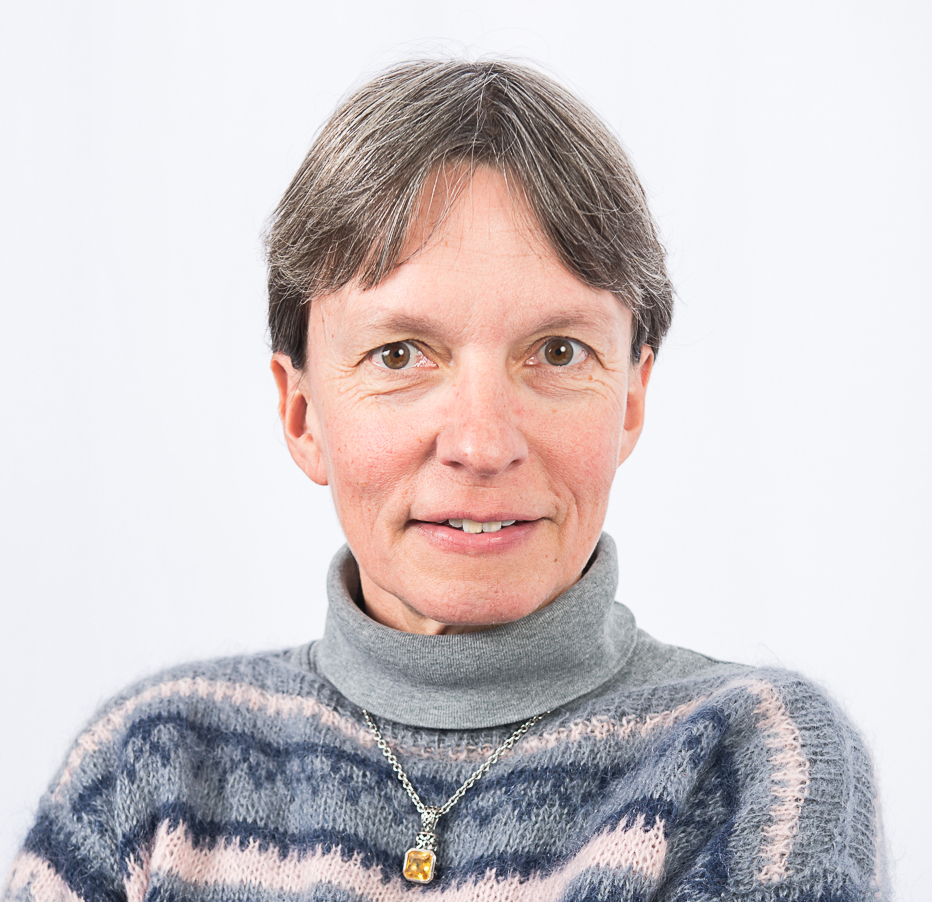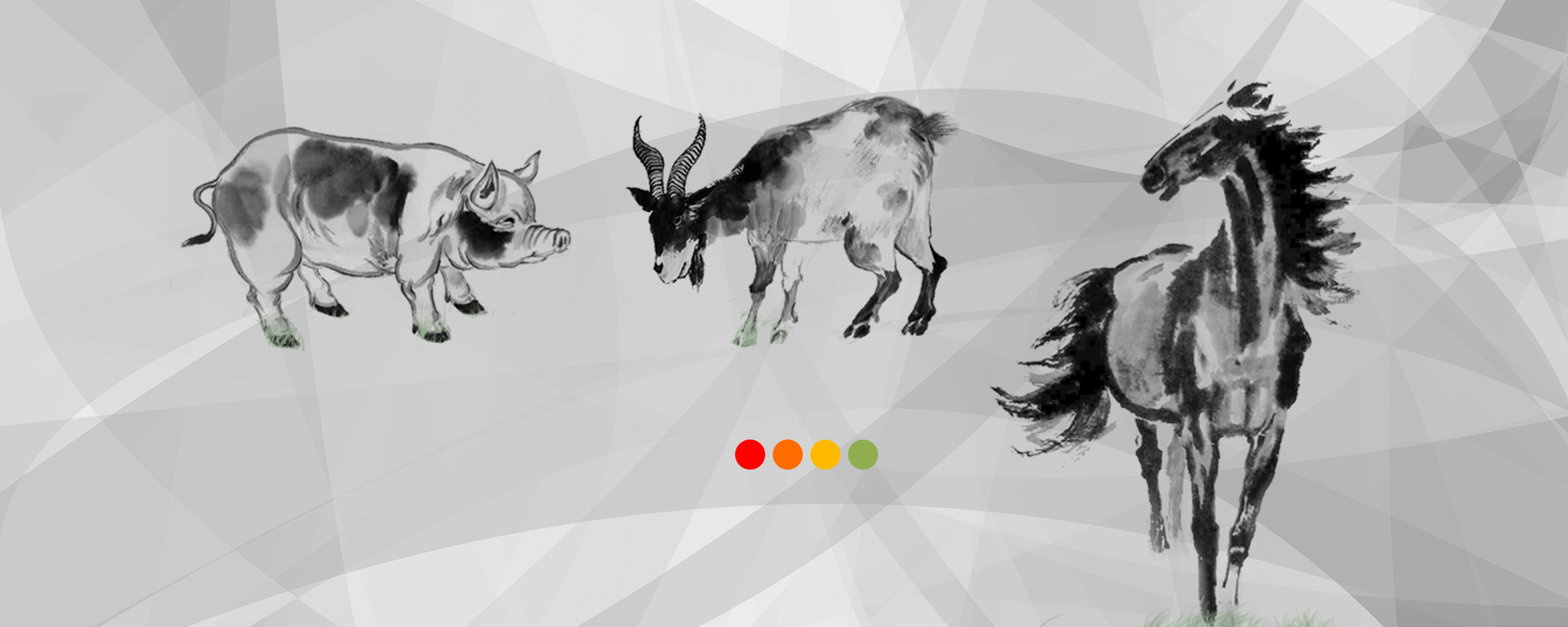Research in our laboratory is focused on mammalian germ line stem cell biology. Germ line stem cells (spermatogonial stem cells) form the basis of male fertility and are the only cells in an adult body that divide and can contribute genes to subsequent generations, making them immediate targets for genetic manipulation. There also appears to be considerable plasticity between germ line stem cells and pluripotent stem cells, indicating the potential to use germ line stem cells for regenerative medicine.
We currently focus in four areas of research:
To enable efficient manipulation of germ line stem cells prior to transplantation, large scale enrichment of non-rodent GSCs is required. We refined strategies for cell isolation based on differential adhesion properties both in static culture and in stirred suspension culture (Andrology,2015). We are now exploring suspension culture in stirred bioreactors, shown to support expansion of pluripotent stem cells (Stem Cells & Dev., 2019), for its utility to support GSC proliferation.
We demonstrated previously that viral- or non-viral- mediated transfection prior to transplantation resulted in germ cell transmission of a marker gene (gain-of-function, random integration) by recipient males. We are now extending the approach to induce loss-of-function mutations through targeted deletions by introducing TALEN (Mol. Reprod. Dev., 2018) and CRISPR/Cas9 constructs into germ cells followed by transplantation to recipient pigs to generate large animal models of human disease.
We observed that spermatogonia in situ show low levels of autophagy, yet germ cell autophagy increases with removal from the testicular microenvironment and exposure to stressors such as increasing levels of reactive oxygen species or reproductive toxicants such as phthalate esters (Env. Epig., 2017). We are currently investigating the function of autophagy in germ cell homeostasis. Findings may aid in developing improved conditions to propagate germ cells in vitro.
De novo formation of functional testis tissue from isolated cells transplanted into a mouse host provides an accessible in vivo system to study testis function. We recently developed organotypic testicular organoids as an in vitro platform to study cell-cell interactions in the mammalian testis (Biol. Reprod., 2019). We demonstrated the presence of primary cilia on porcine Sertoli cells during testis development and are exploring their function (Cell Tiss. Res. 2014, 2017, 2020). We are also studying the ability of the de novo formed testicular microenvironment to support differentiation of germ cells derived from induced pluripotent stem (iPS) cells.

Dr. Ina Dobrinski

